The fee is expected to be at least $250 in the US fiscal year 2025 — which runs from October 1, 2024, to September 30, 2025. However, the Secretary of Homeland Security has the discretion to set the fee higher.
The “visa guarantee fee” applies to all visitors requiring a nonimmigrant visa, including tourists , business travelers, and international students. Visitors pay the fee when a visa is issued, so those who are denied a visa do not have to pay.
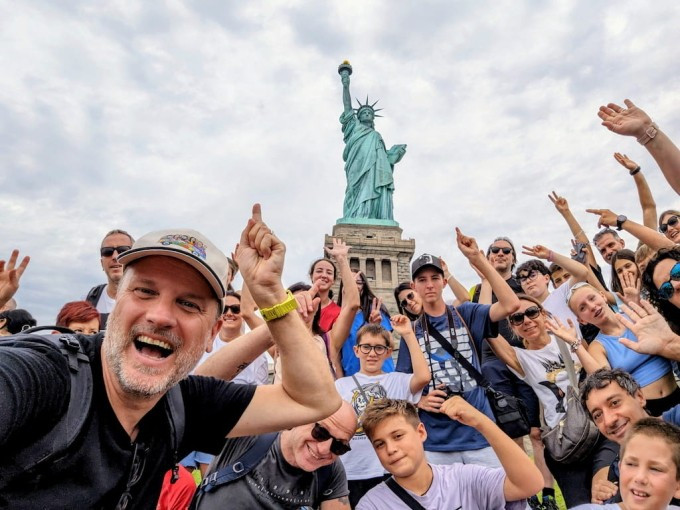
For example, an H-1B worker who paid a $205 filing fee may now pay a total of $455 when the fee is applied. This fee must also be paid in addition to the “Form I-94 fee”—a form used by U.S. Customs and Border Protection to record nonimmigrant visitors’ entry and exit. Previously, the One Big Beautiful Bill had increased the “Form I-94 fee” from $6 to $24.
To be eligible for a refund, visa holders must comply with visa conditions, including “not working illegally” and not overstaying their visa by more than five days. Refunds will be issued after the tourist visa expires, according to regulations.
Steven A. Brown, a partner at the immigration law firm Reddy Neumann Brown PC in Houston, said the administration needs to issue a regulation or at least a media announcement regarding the implementation and collection of the fee. He also advised clients to consider the fee as nonrefundable.
“If you get a refund that would be great but it’s often difficult to get money back from the government ,” he said, suggesting customers should view the fee as a “reward” if it’s refunded rather than an expectation.
Brown said the visa guarantee fee was likely to affect B visa holders - a group of leisure and business travellers - and international students more than other types of travellers.
The US Travel Association is also wondering how tourists will pay this fee.
"The bill requires the Secretary of Homeland Security to collect fees, but the agency does not own the process for applying for, issuing, or renewing visas," the association spokesperson said.
Because many visas are valid for several years, the Congressional Budget Office said it expects “very few refund requests.” The agency added that it would take the State Department several years to implement the refund process. Based on that, the Congressional Budget Office estimates that enacting the provision would increase revenue and reduce the budget deficit by $28.9 billion between 2025 and 2034.
“President Trump’s One Big Beautiful Bill provides the policies and resources needed to restore integrity to our country’s immigration system,” a Department of Homeland Security spokesperson told CNBC.
Data shows that most visa holders comply with their visa conditions. Between fiscal years 2016 and 2022, about 1% to 2% of nonimmigrant visitors overstayed their visas in the United States, according to the Congressional Research Service.
However, an estimated 42% of the roughly 11 million undocumented people living in the United States entered legally but overstayed their visas, the data show, suggesting that while visa overstays are not common, they still have a major impact on illegal immigration.
Source: https://baohatinh.vn/khach-den-my-du-lich-phai-tra-them-250-usd-post292257.html


![[Video] First successful treatment of resistant epilepsy in children using a navigation robot](https://vphoto.vietnam.vn/thumb/1200x675/vietnam/resource/IMAGE/2025/7/26/789eaba42a7048fcb8879c754603c153)
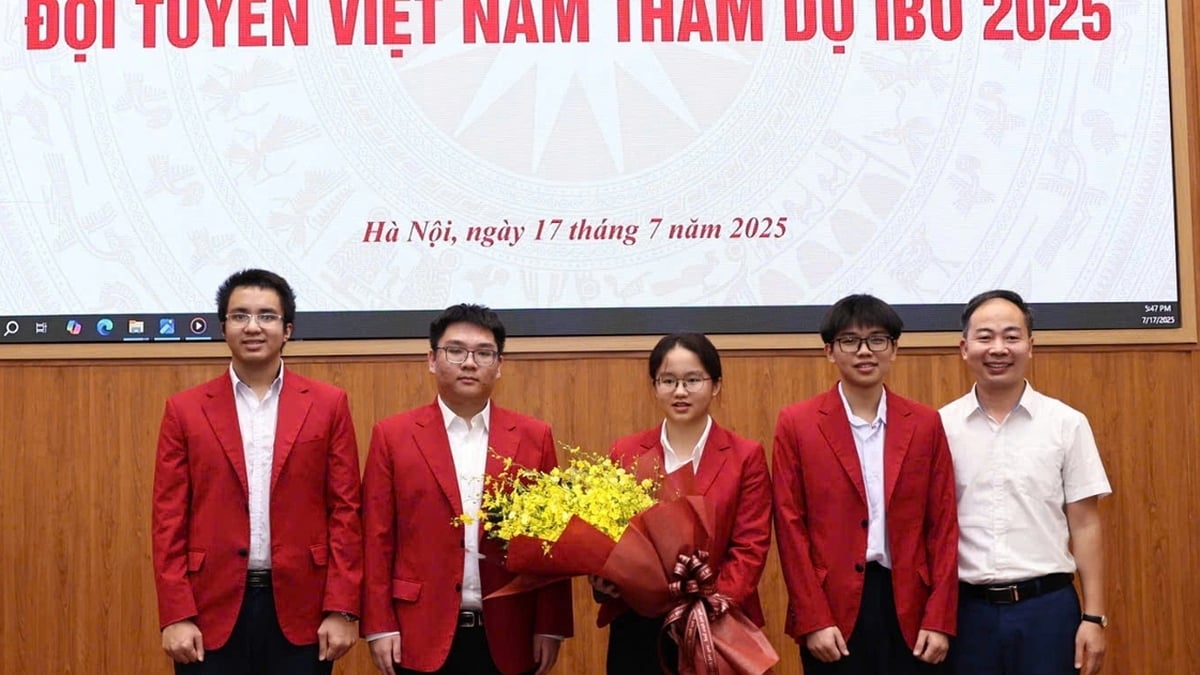
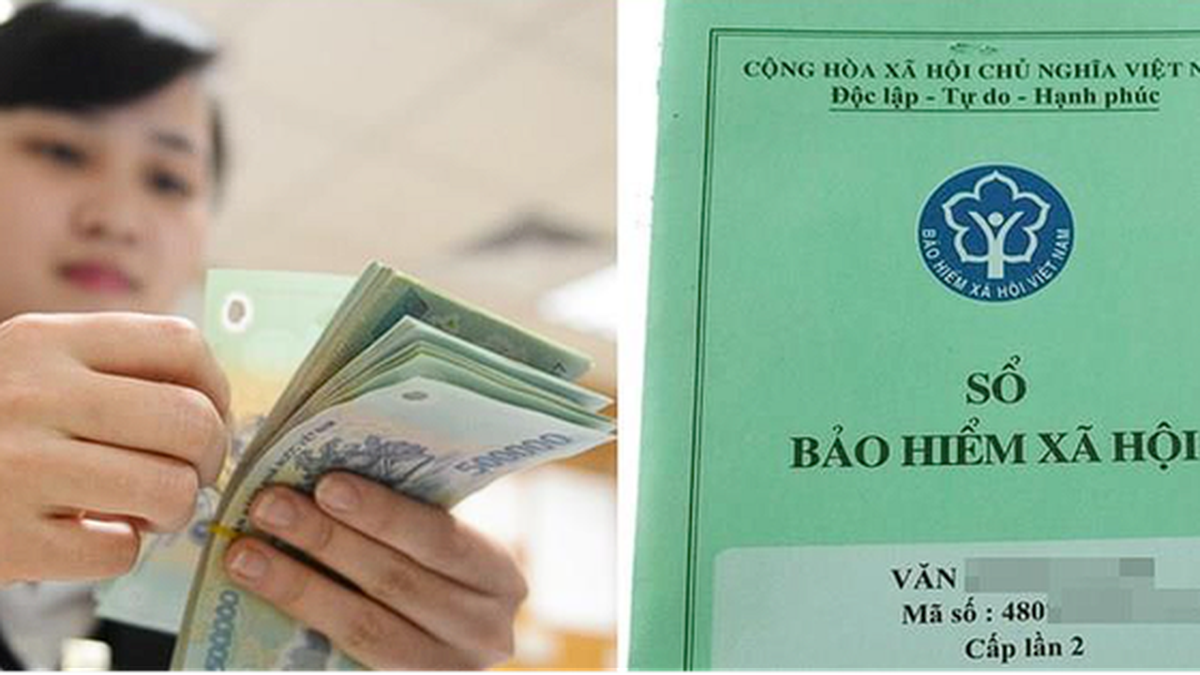





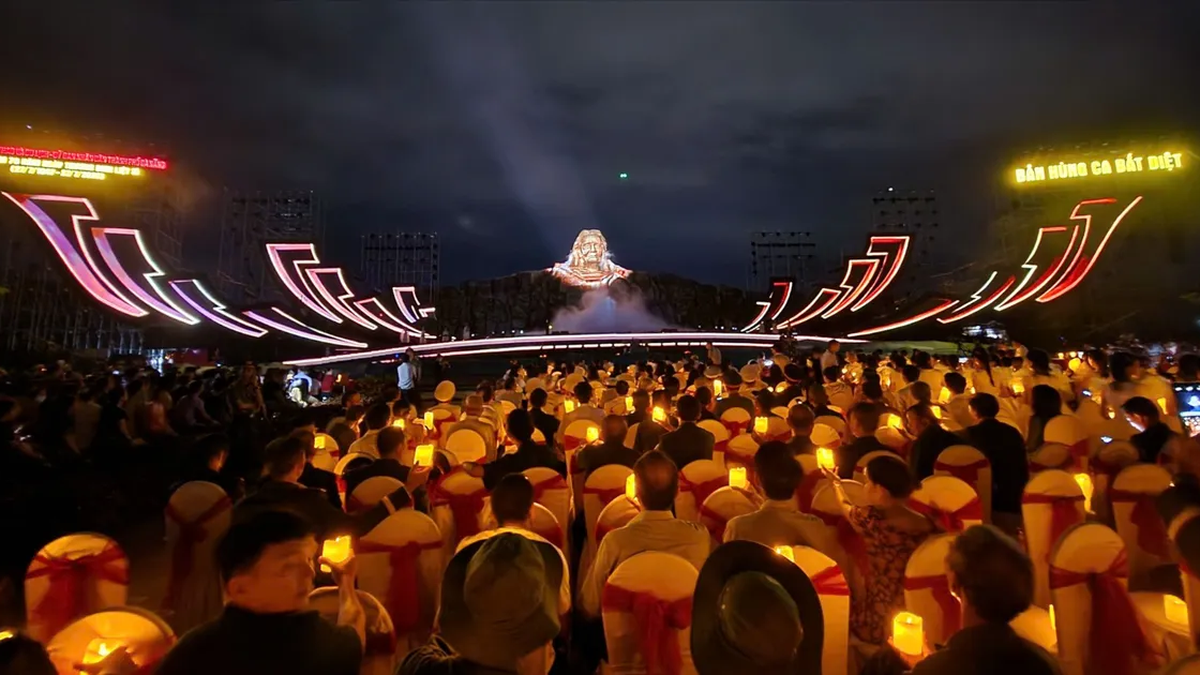
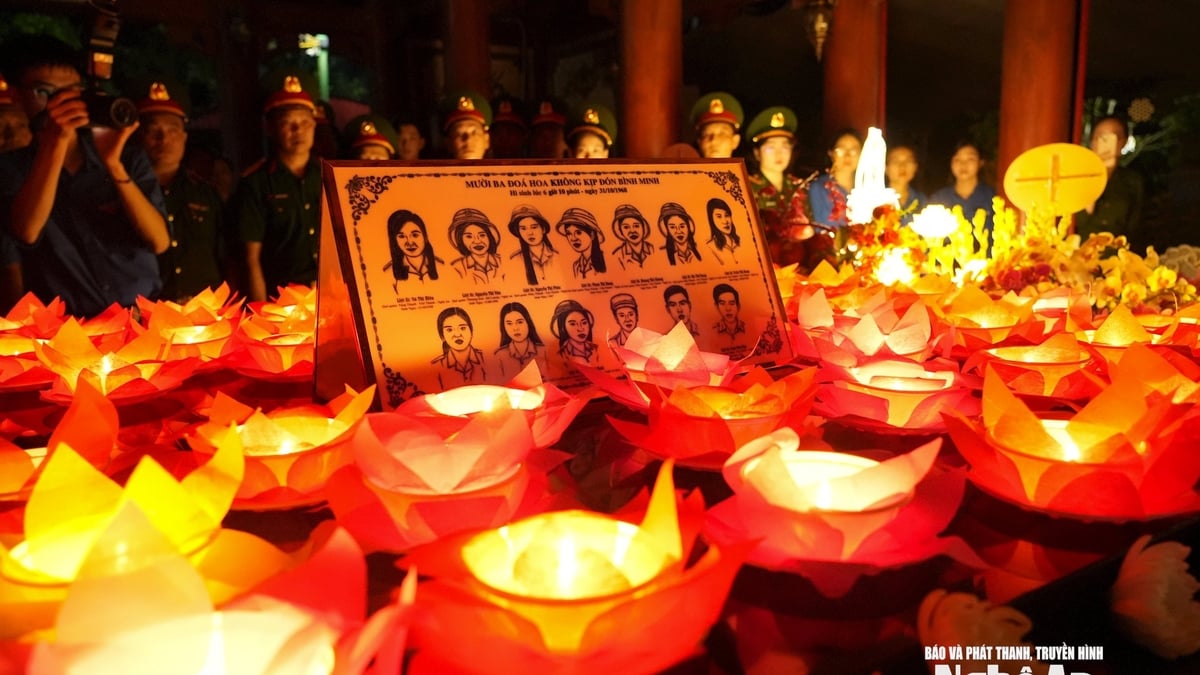






















































![[Photo] National Assembly Chairman Tran Thanh Man receives Chairman of Morocco-Vietnam Friendship Association](https://vphoto.vietnam.vn/thumb/402x226/vietnam/resource/IMAGE/2025/7/26/b5fb486562044db9a5e95efb6dc6a263)



































Comment (0)